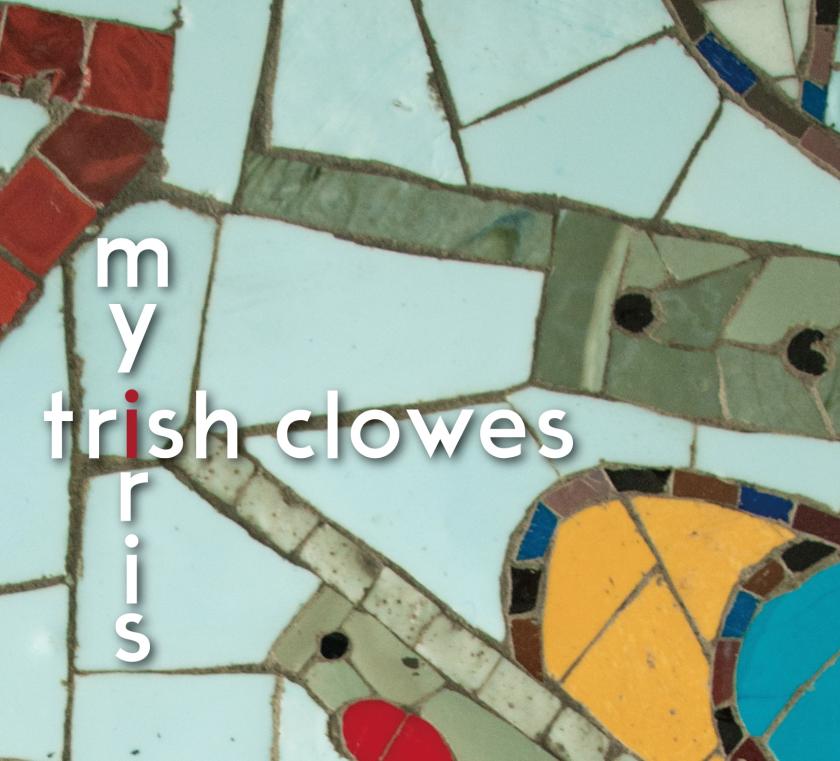Saxophonist, composer and former Radio 3 New Generation Artist Trish Clowes has created a reputation for original chamber jazz of densely woven harmonies and delicate, sometimes folk-tinged melody. This fourth album, with a quartet rather than (as often in the past) a small orchestra is billed as a new musical direction. It isn’t really, but that’s nothing to be ashamed of: in style and mood Clowes rather impressively recaptures the unshowy profundity of her chamber orchestra with only a quartet.
There’s a remarkable range of subject matter here, testament to the diversity and maturity of Clowes’ musical vision. “Muted Lines”, by the Anglo-Armenian composer Cevanne Horrocks-Hopayian, is an adaptation of a 16th century Armenian poem, with reference to that nation’s genocide in eastern Turkey, and, of course, more recent atrocities in that region. The text has been pared down to minimalistic variations on the idea of singing, while the music is eerily, evocatively plaintive and lamenting, but neither angry nor overtly demonstrative. A more ostentatious display of grief might have been easier to grasp, but ultimately less moving: a model of Clowes’ compositional style.
Clowes is subtle to a fault, and these pieces demand a dedicated listener
There are personal tracks, and humour, as well as weightiness. “One Hour” is about the clocks going back; “Be a Glow Worm” a motivational motto from Iain Ballamy; and “I Can’t Find My Other Brush” a whimsical observation about a drummer in a power cut. These sit alongside Greek mythology (“Blue Calm”, a portrait of the mythical Iris), English pastoral (“In Between the Moss and Ivy”, with a bucolic delicacy that’s more like Debussy than American jazz), and Ross Stanley’s ironic organ in “A Cat Called Behemoth”, inspired by Mikhail Bulgakov’s Soviet satire Master and Margarita. To achieve that range of sounds with a jazz quartet requires rare skill. How much other contemporary music has such adventurous or eclectic intellectual horizons?
Clowes is subtle to a fault, and these pieces demand a dedicated listener. This is still music for the concert hall rather than the nightclub. Clowes has studied with Wayne Shorter and still performs with fellow saxophonist Iain Ballamy, almumnus of the ground-breaking British big band Loose Tubes, an importance influence on Clowes' musical development. Some of these influences can be heard, though overwhelmingly she has an original sound, which incorporates not just from jazz, but also 20th century classical music, especially the pastoralists. Those looking for banging tunes have no shortage of alternatives; the listener in search of original and reflective new music more constrained. My Iris is a good place to start.
- My Iris is launched at Pizza Express Jazz Club on 17 January
- Read more CD reviews on theartsdesk














Add comment